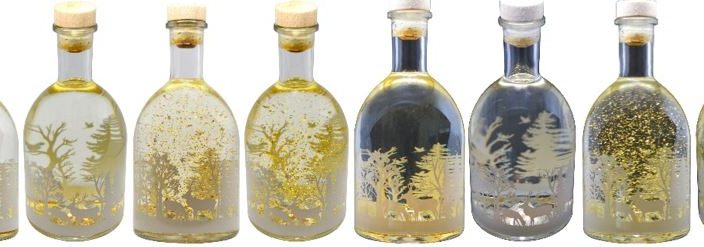CJEU Paves the way for Red-Soled Heels to Widen the Scope of Liability of E-Commerce Platforms
A recent preliminary ruling by the Court of Justice of the European Union (“CJEU”) in the joint cases (C-148/21 and C-184/21) between a luxury fashion brand known for its signature red-soled heels Christian Louboutin and an e-commerce giant Amazon might mark a start of an era of increased accountability of marketplaces in relation to listings of third parties they accommodate on their platforms.
Read More
